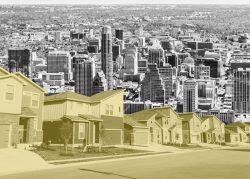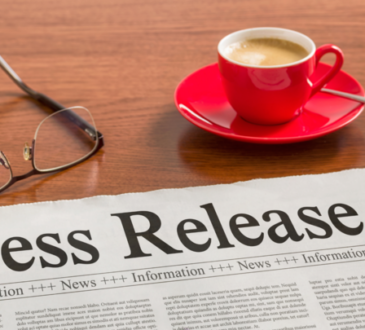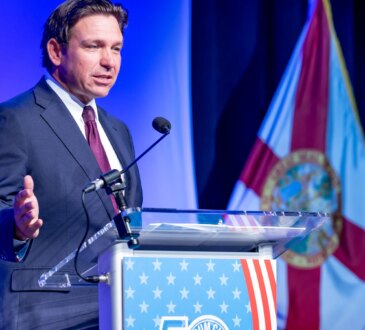A property tax hike is headed to the ballot after Austin officials signed off on a $6.3 billion city budget for the upcoming fiscal year that leans on property owners to fill widening fiscal gaps.
The Austin City Council approved raising the tax rate from $0.4776 to $0.574017 per $100 in property value, a more than 20 percent hike that requires voter approval under Texas law. If passed in the Nov. 4 election, the median homeowner would pay nearly $420 more next year, including about $300 in added taxes, Community Impact reported. A failed vote would drop the rate to the maximum allowed without triggering an election, cutting the proposed increase almost in half.
“It is time for us to trust our voters,” Mayor Kirk Watson said after the council vote last week.
The decision followed a summer of bruising debate over how to fund homelessness programs, housing aid, parks, public health, safety and other services as federal pandemic dollars dry up and property tax caps tighten city revenues.
City leaders tapped reserves and housing funds to balance the coming fiscal year, but most agreed Austin needs more stable revenue. The approved framework puts millions toward homelessness response and social services while preserving emergency reserves above 17 percent of the general fund, a key goal as officials warn of deeper deficits later this decade.
Voters statewide have shown mixed appetite for tax elections since the state capped tax hikes in 2020. Austin’s own 2020 transit tax increase passed with 58 percent support, and recent hikes in Austin-San Antonio corridor suburbs also cleared the bar. Still, residents this summer were split: some argued the city can’t keep up essential services without the hike, while others balked at rising costs in an already expensive housing market.
The stakes are high. A failed tax referendum won’t automatically revert the city to its base budget; instead, council must reconvene and potentially cut baseline items and add-ons tied to the hike. Affordable housing, emergency response, social services and parks could all take a hit.
The vote also comes as Travis County moved its tax rate above the voter-approval threshold to cover emergency expenses in response to the devastating July floods. That rate increase did not require voter approval and will be lowered next year, but could frame the outcome of the city tax vote.
— Eric Weilbacher
Read more

Austin officials approve city-funded affordable housing project

In 10 years, homes in Austin, Texas go from bargain-basement to sky-high

Austin forges ahead with YIMBY ratifications



